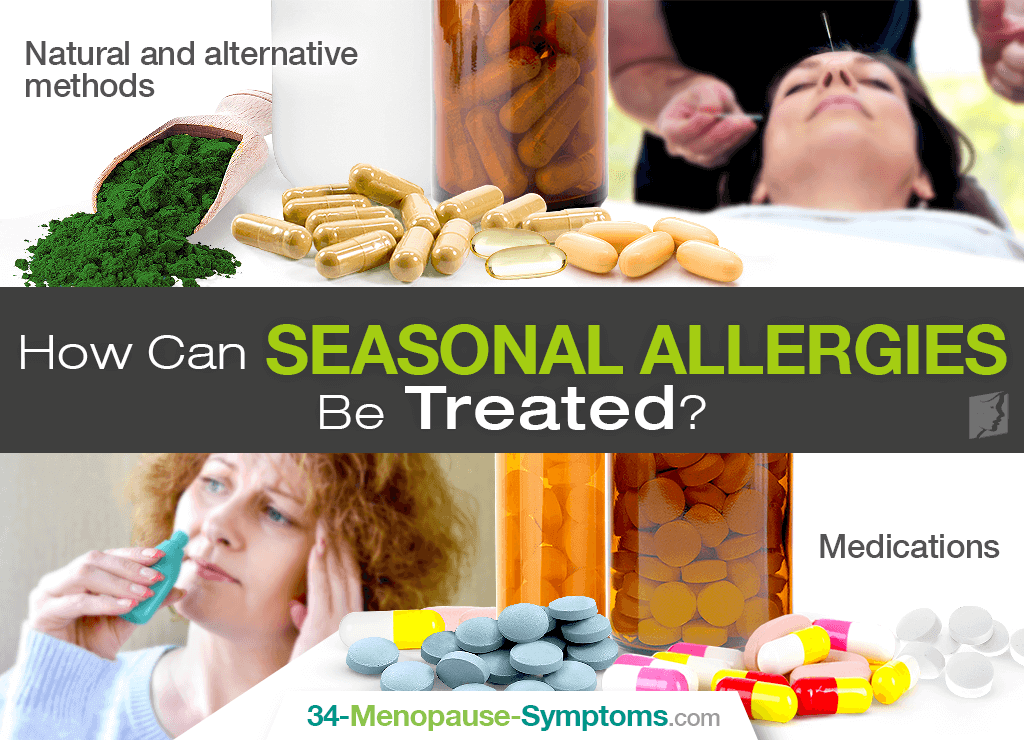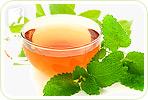Most middle-aged women suffering from seasonal allergies would agree that they can substantially impair the quality of their life. Sneezing, itchy eyes, and runny nose seem like they will never stop. During allergy season, yellowish pollen can be found everywhere, covering the streets and the cars, and it is almost impossible to escape from it. Continue reading to learn more about seasonal allergies and the ways to manage them.
What Are Seasonal Allergies?
Seasonal allergy, also called hay fever or allergic rhinitis, is caused by an overreaction of the immune system to the pollen from trees, grass, and weeds, as well as mold spores floating indoors.
Most women suffer from hay fever only during a specific allergy season, when the pollen they are allergic to is released by the plant. The time and duration of allergy season depends on where you live and the reproductive cycle of a given plant causing the allergy. For example, Timothy-grass only pollinates in the summer, while cedar trees release their pollen in the springtime.
What Are the Symptoms of Seasonal Allergies?
The symptoms of seasonal allergies are truly bothersome for most women. On some days, they can be worse than on others, depending on the pollen and mold count, but they generally affect the following organs:
Nose: runny, stuffy, itchy
Eyes: watery, itchy, puffy, red
Ears: itchy, clogged
Throat: itchy
Chest: tight, coughing, wheezing, shortness of breath
Head: pain, pressure, migraine
Skin: hives, rash
Other symptoms: fatigue, irritability
How Can Seasonal Allergies Be Treated?
There are not many treatments for seasonal allergies, and the available ones are not always effective. Some medications have unpleasant side effects, such as drowsiness or dizziness. The possible treatments include:
Natural and alternative methods. Though not validated by science as an allergy treatment, some women find relief in acupuncture or by consuming probiotics, vitamin C, spirulina algae, or butterbur, an herb shown to reduce migraines and allergy symptoms.
Medications. Most allergy medications, such as antihistamines and decongestants, are available over the counter. Sometimes, a doctor might prescribe steroid nasal sprays to relieve severe allergy symptoms. Saline for nasal irrigation can also be useful.
Each allergy season means a new battle for most menopausal women. The severity of allergy symptoms often leads to sleep disturbances and decreased concentration. Try to identify those allergens that make you sick and learn how to avoid unnecessary allergies during menopause to keep your allergies in check.
Sources
- American College of Allergy, Asthma & Immunology. (2014).Seasonal Allergies. Retrieved August 16, 2017 from http://acaai.org/allergies/seasonal-allergies
- Mayo Clinic. (2015). Seasonal Allergies: Nip them in the bud. Retrieved August 16, 2017 from http://www.mayoclinic.org/diseases-conditions/hay-fever/in-depth/seasonal-allergies/art-20048343
- Medline Plus. (2011). Seasonal Allergies: Symptoms, Diagnosis, and Treatment. Retrieved August 16, 2017 from https://medlineplus.gov/magazine/issues/summer11/articles/summer11pg20.html
- National Health Institutes. (2017). Seasonal Allergies at a Glance. Retrieved August 16, 2017 from https://nccih.nih.gov/health/allergies/seasonal
- Seidman, M. et al. (2015). Allergic Rhinitis. Retrieved August 16, 2017 from http://journals.sagepub.com/doi/full/10.1177/0194599814561600




